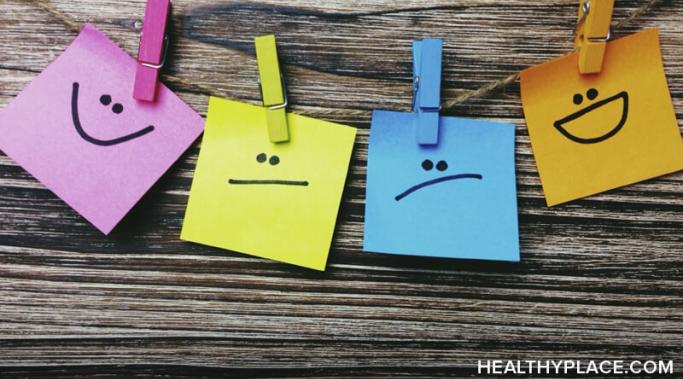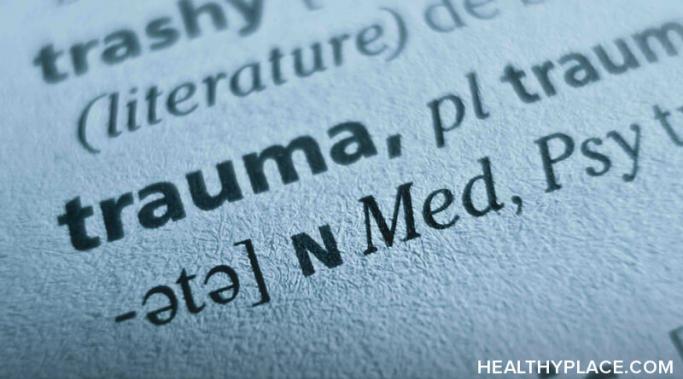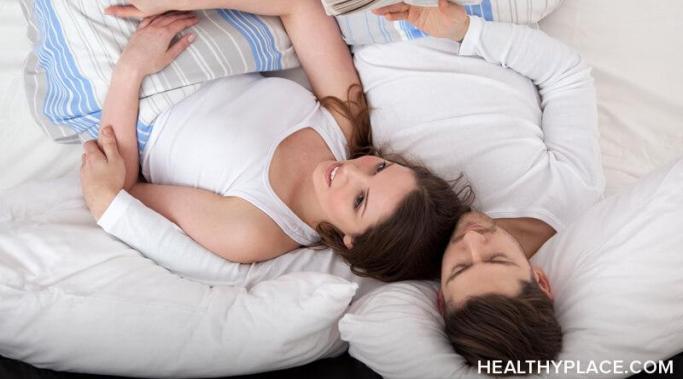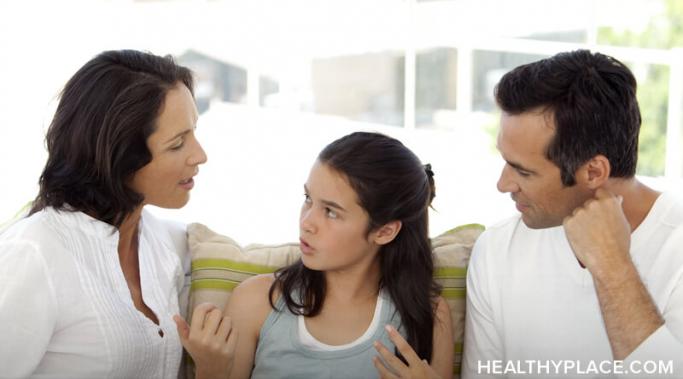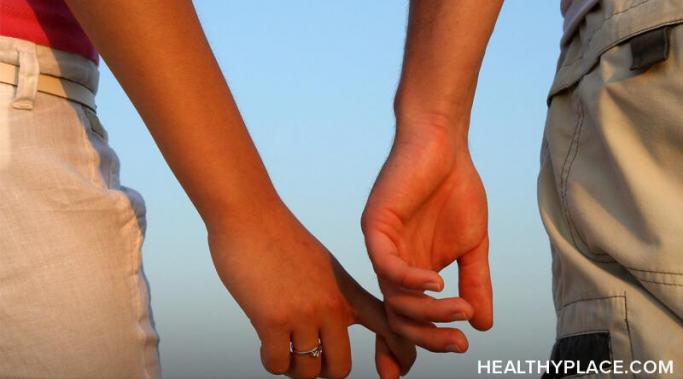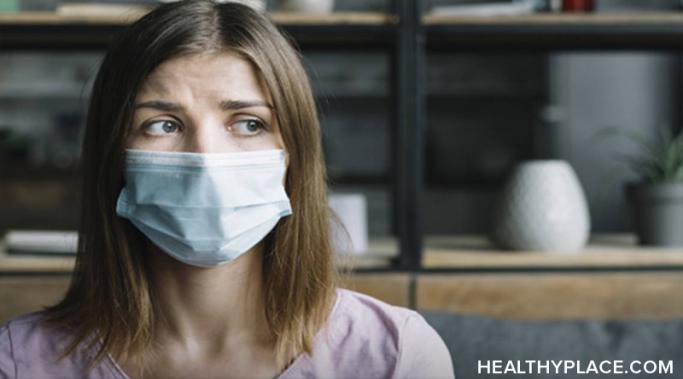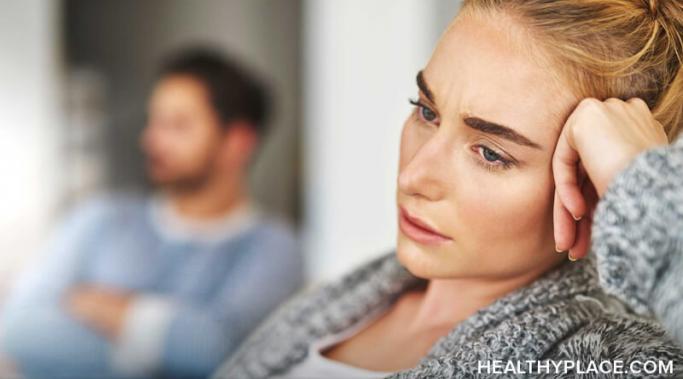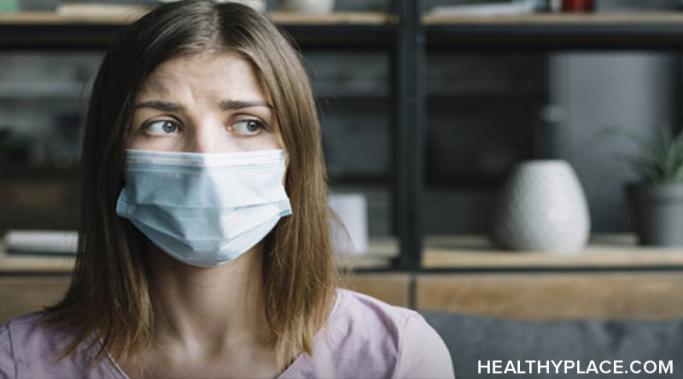Two years ago, I went through a breakup with my therapist. I ghosted my therapist when I began to suspect we weren't a good fit. I started small, canceling an appointment here and there. Then I went on vacation. When I came back, I "forgot" to get in touch. But when she reached out, I felt guilty. I scheduled a session. But a few weeks later, I repeated the cycle. Finally, she stopped reaching out. We were done.
Relationships and Mental Illness
Many patients with chronic illnesses find themselves with some amount of medical trauma. When you're a child, it's hard to make sense of surgeries, blood tests, and hours spent in hospitals with the sick and dying. But there's also the medical trauma that, for many of us, could have been avoided if our doctors had been better listeners.
My therapist tells me that my experiences with sexual trauma have changed my taste in men. I've been complaining that my boyfriend doesn't give me what I need; he doesn't crave intimate conversation as I do, likes to mostly be on his own, and doesn't think much about sex. In short, he hardly considers most of the aspects that I believe comprise a relationship.
After being on antidepressants for over 10 years, I have noticed ways in which my antidepressants have impacted my sex drive. It is not uncommon for people to experience a shift in their libido when starting to take medication for their mental health. For some, this shift in sex drive may be apparent and seemingly detrimental to their relationships, while to others, this shift may be smaller (perhaps even negligible). When I first began taking antidepressants at 14, I noticed a drastic decrease in my experienced sexuality that became apparent even to my partners.
Family dinner with disordered eating is always uncomfortable. Here's my deal: I was born with an autoimmune disorder called Behcet's Disease. My symptoms include gastrointestinal ulceration and pain when I eat. This has created a complicated relationship between me and food.
Dating a sexual assault victim takes patience and empathy. Here are some tips for dating someone who was victimized by a sexual assault.
If it wasn't for my weekly virtual therapy session, my avoidant attachment behaviors would have caused far more mayhem in my quarantine life. What is avoidant attachment? It isn't a mental disorder or illness. Rather, it's a style of attachment.
I'm not sure who has it worse: folks who are isolated alone or those of us who are quarantining with our loved ones. All in all, I'm glad my boyfriend and I left our Brooklyn apartment before the state of emergency was declared in order to quarantine upstate with my parents.
What is the connection between anxiety and romantic relationships? How do you cope with relationship anxiety? After all, romantic relationships can be complicated; nearly everyone has a story from a relationship gone slightly (or incredibly) awry. Add on a diagnosis of generalized anxiety disorder (GAD) and social anxiety disorder, and these relationship complications can shift and take on entirely new forms. Here are some of the ways that anxiety has infiltrated into my relationships.
Alleviating COVID-19 anxiety is especially difficult for me because I'm living with a chronic illness, which means I am the weak and immunocompromised who is most vulnerable to COVID-19. Because of this, the trauma that I have endured that has mounted due to a life in medical care and life-threat has been exaggerated. Still, I'm doing my best to stay calm.
